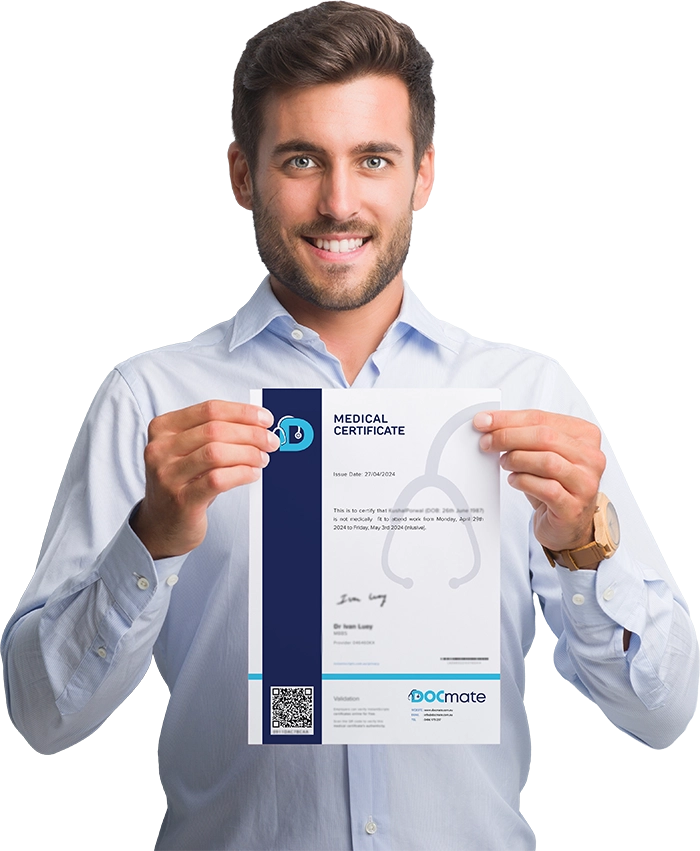
The transition from a rehabilitation facility to everyday life is a critical period that necessitates conscious effort, dedication, and structured planning. Your completion of rehab represents a huge step toward recovery after months or even years of battle with addiction; however, upholding sobriety and resuming a healthy lifestyle represent the next stage of your journey. As you proceed, you must prioritize your mental and physical health. Ensuring your long-term success will depend on developing positive behaviors, discovering constructive outlets, and staying connected to encouraging communities. This guide will look at how to create and maintain a healthy lifestyle after leaving a rehab center.
Establishing a Routine to Maintain Stability
Developing a consistent schedule is one of the most crucial stages in returning to a healthy lifestyle after treatment. Routine provides stability, which is essential in the early phases of recovery when the temptation to revert to old habits might be strong. Your life will become consistent if you schedule certain hours for getting up, eating, working out, and sleeping. This framework not only grounds you physically but also helps you stay mentally focused, therefore lessening the possibility of entering destructive patterns. Creating time for mindfulness exercises like writing or meditation can also assist in supporting this schedule. These activities provide mental clarity, thereby enabling you to remain aware of your emotional condition and guide your recovery decisions.
Rebuilding Physical Health Through Nutrition and Exercise
Substance addiction often leaves the body devoid of vital nutrients and energy, therefore compromising its condition. Overall rehabilitation depends on physical health being rebuilt. A well-balanced diet high in proteins, minerals, and vitamins can assist the body repair and increase energy levels. Whole meals such as fruits, vegetables, lean meats, and whole grains help digestion and enhance brain function, both of which are essential for mental clarity and attention. Including regular exercise in your routine is equally important. Not only does physical exercise improve your physique but it also produces endorphins, naturally occurring mood boosters. Through walking, swimming, weightlifting, and other activities, exercise can help ease feelings of sadness, anxiety, and tension. In the aftermath of rehab, your body’s capacity for recovery will depend on regular attention to nutrition and exercise.
Building a Strong Support Network
Leaving treatment means leaving behind the regimented surroundings where continual assistance was available, but this doesn’t mean support should end. Developing a solid, trustworthy network of individuals who support your sobriety and well-being is extremely vital. This includes family, friends, and sober friends who can provide emotional support as required and understand the challenges you face. Engaging in support groups also keeps you in touch with others going through similar situations. These organizations provide a forum for people to discuss hardships and honor achievements, therefore fostering responsibility and a feeling of belonging. Maintaining your sobriety depends on these people; hence, staying involved with them is particularly crucial in times of stress or temptation. A Detox Center, for example, may have introduced you to such a support system during your initial recovery, and maintaining these relationships can greatly benefit your long-term success.
Managing Stress and Emotional Triggers
One of the most frequent causes of relapse is stress, which makes stress management essential for maintaining a healthy lifestyle after treatment. Knowing your emotional triggers and stresses helps you to negotiate these circumstances without turning to substances. Stress may be lowered by building good coping mechanisms like mindfulness, deep-breathing exercises, or participating in hobbies you enjoy. It is critical to develop a toolkit of healthy outlets to which you can turn when confronted with overwhelming emotions. Furthermore, professional therapy—whether in the form of individual or group counseling—offers a way to investigate unresolved emotional problems and discover fresh approaches to stress management. Being proactive in controlling your emotional state helps you to keep sobriety and increases your resilience to face the challenges of life.
Detox for a Healthy Recovery
Particularly for those recovering from addiction, detoxification is crucial to the process. Setting the groundwork for long-term recovery, detox helps the body eliminate toxins and controls withdrawal symptoms. For example, if you are recovering from opioid addiction, visiting an Opioid Detox and Treatment Center in Massachusetts or one nearby can provide specialized medical care to help you make the transition to sobriety. Ensuring your body is ready for the next stages of recovery, a medically supervised detox program helps prevent complications resulting from abrupt cessation of drugs. Usually offering the necessary medical, psychological, and emotional assistance, detox centers help you to stabilize and enhance your path to a better lifestyle. These facilities enable people to start their rehabilitation on the right foot and are an essential first step toward regaining both physical and mental health, particularly after prolonged substance abuse.
Conclusion
In summary, returning to a healthy lifestyle after rehab is a multifaceted process that calls for preparation, support, and effort. Maintaining rehabilitation depends mostly on establishing routines, emphasizing physical health, creating a support system, controlling emotional triggers, and formulating reasonable objectives. You can successfully make the shift from substance use to a fulfilling, healthy life by consistently adhering to these practices.


